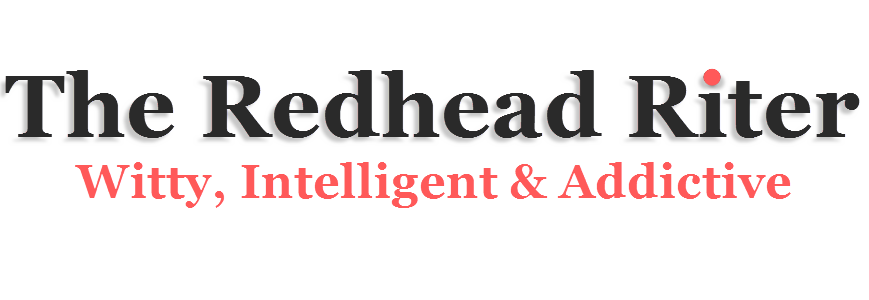
CNN’s Manav Tanneeru reported that “In 2006, Stacy Snyder was a 25-year-old single mother hoping to begin a career as an educator. She had finished her coursework and was a student teacher. Yet Millersville University, located in Pennsylvania, wouldn’t give her a degree. Snyder filed a lawsuit alleging the school denied her a degree because administrators discovered a photo on her MySpace page that showed her wearing a pirate’s hat and drinking from a plastic cup, with the caption ‘drunken pirate.’ She lost her case. According to the decision by the court, the school provided alternative reasons for denying Snyder a degree.”
This definitely poses the question as to where the line should be drawn between our public and private lives. With websites such as Flickr, YouTube and Twitter, it is easy to share photographs, videos and our personal feelings with the entire world. Because personal communications and revelations are all over the internet, the public and private portions of our lives are being mixed together in the fog. When the “inappropriate” private portion of our lives becomes public to our employers, for instance, should we be denied career opportunities and advancement?
The law has not caught up with current technology. With the rate at which technology is progressing, I wonder if the law will ever catch up and separate our public and private information. Until it does, all aspects of our lives will continue to be under scrutiny and possible condemnation if we we put the information out there for others to observe.
What are your thoughts on the public vs private vs law and accountability issue?



I've heard some colleges are requiring their NCAA athletes to keep their facebook profiles set as private for this reason.
She's of legal age – it shouldn't really matter. I disagree with denying an earned degree for these kinds of reasons (perhaps they did have alternate valid reasons)
I think that for employment there is a different perspective. Almost any skill can be taught, personal integrity cannot. If I were hiring someone, I would use all resources I could to find out what type of person I was considering!
From a personal perspective – I think it is just moronic to post "proof" of any kind of illegal activity, and in very poor judgement to post immoral or questionable behavior!
Great post! I'm hearing more about people losing jobs (and pageant crowns) because of "inappropriate" Facebook content. The lessons are: 1. don't post anything you wouldn't want broadcast on the 5 pm news 2. change your settings to private and 3. be careful who you friend.
Scary to think that a picture you may not have even thought twice about could hinder you from a career or anything for that matter.
This age of technology is pretty amazing…everything is at the tip of your fingertips…and I mean everything.
You have to be careful what you say and do online but sometimes its so easy to communicate with your computer you forget that there could be issues later on.
I don't think that is right what happened to this one girl…even if your info is private there are still ways of finding it.
The thing about going private with things on the internet is what is the point in being social on the web then? The whole point of these social websites is to get people to socialize, to network…it's funny that this day in age people are so concerned with other peoples private lives…most likely this person over at the Penn university was a porno loving, alcoholic, dufus!
I would love to know what the other 'valid' reasons for denying her a degree were.
Politicians have had to deal with this phenomenon for quite some time – Gary Condit (to name one of so very many) was voted out of office after it became public knowledge that he'd had an affair with a young intern who unfortunately disappeared and was later found murdered. Condit had nothing to do with Chandra Levy's disappearance and murder, but the electorate was none too happy with him for having the affair and then lying about it. It was probably the lying that did the most damage. And John Edwards is in the same boat. He'll never be president now that the world knows he had an affair while his wife was battling terminal cancer.
The debate over whether a public official should be removed from office over personal, private peccadilloes has been going on a long time. The public for the most part has felt perfectly justified in removing politicians from office for their private bad behavior. But not all bad behavior in private automatically disqualifies someone from holding office and doing a good job. The Europeans all laugh at us "puritanical" Americans for our attitude towards politicians who cheat on their wives or behave otherwise badly in private.
Thanks to YouTube, MySpace, Facebook, Twitter and other social media, more and more ordinary people are going to find themselves burned the very same way. Colleges are refusing to accept freshmen who've posted unsavory/immoral/illicit/illegal activities on social media sites. Employers are firing employees. Lawyers are using social media sites to bolster their cases either for or against someone. More and more, we'll see people getting publicly burned by what they've put out there in a private capacity.
There has to be a line somewhere, but we're not going to find it soon. Until then, exercise extreme caution. Assume everything is public. Go back to analog methods of socializing. Learn to differentiate between a real friend and a casual acquaintance.